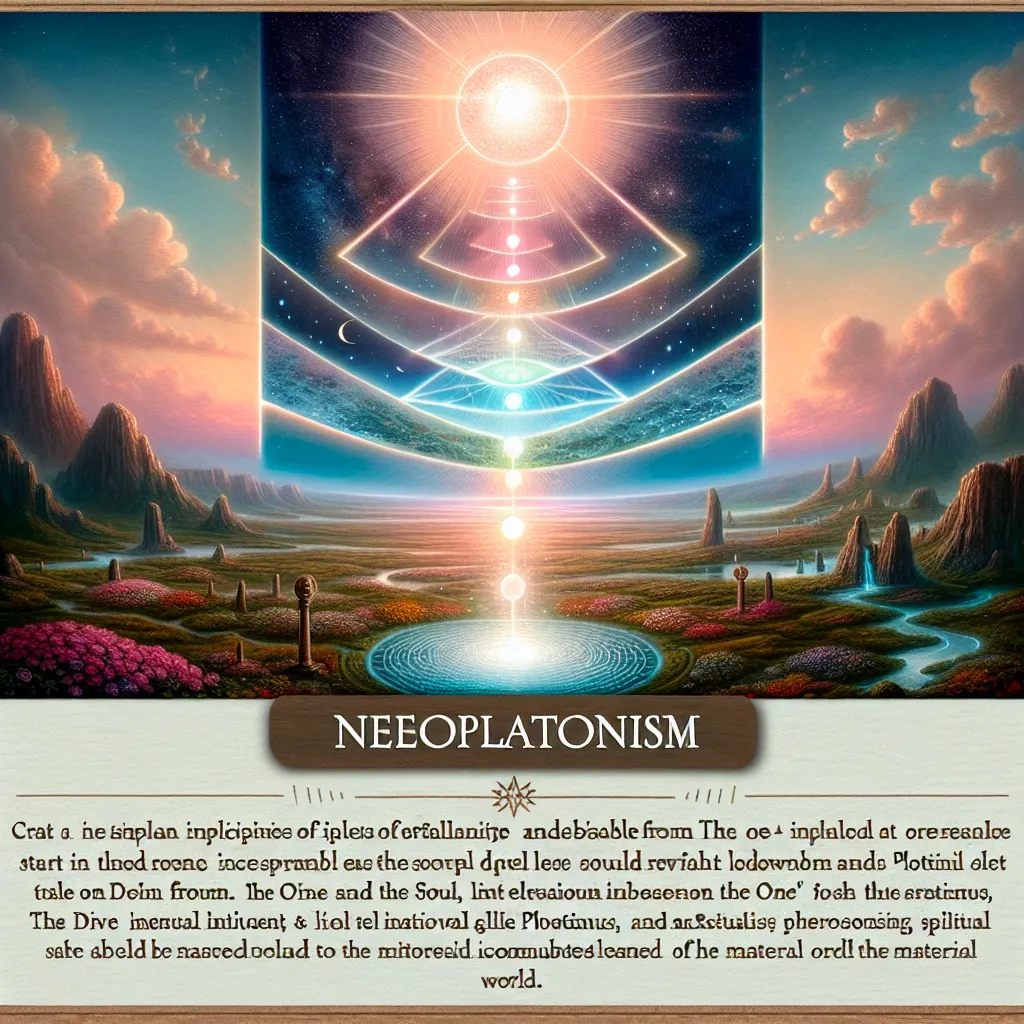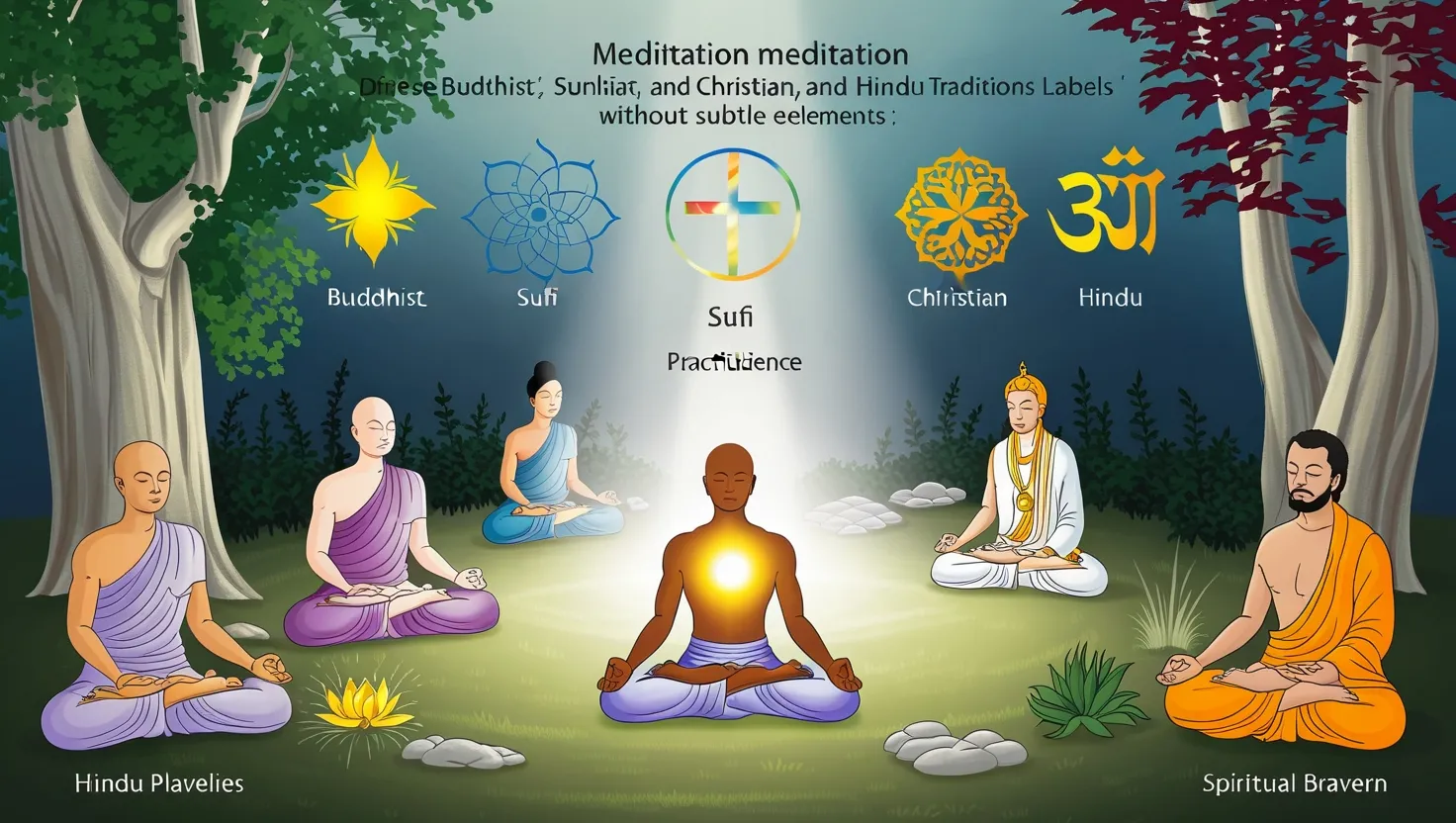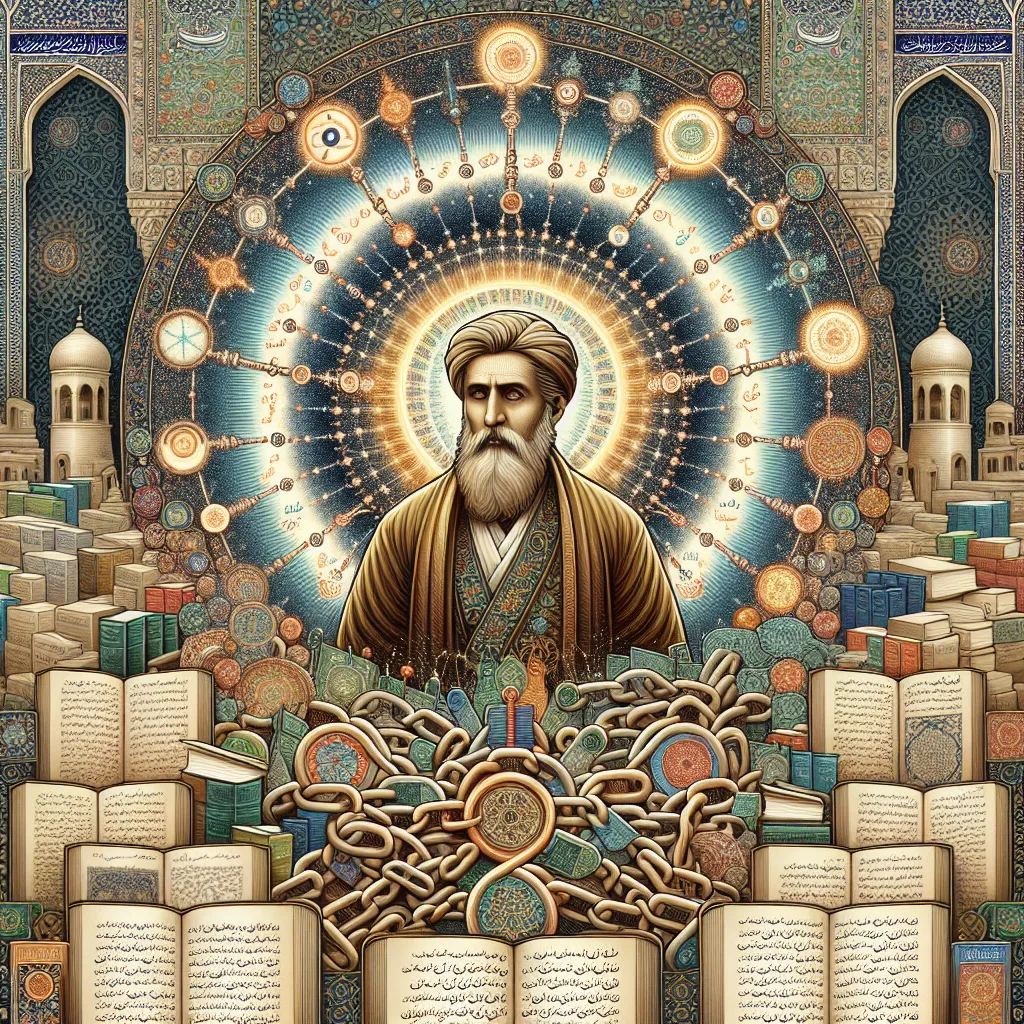Jainism, an ancient religion hailing from India, has always emphasized compassion, non-violence, and the sanctity of all life. Trotting through the sands of time, tracing its roots back to the 6th century BCE, Jainism still provides a pertinent map to guide us in living gently with the world. It’s like an old buddy who drops by to remind you of the serene side of life when everything else is running amok.
Imagine a philosophy deeply entwined with the principles of Non-Violence, Non-Possessiveness, and Non-Absolutism. These three golden rules help Jains navigate through their daily interactions with everything – people, plants, and even that sneaky mosquito buzzing around. Key to this mix is ahimsa, the glorious principle of non-violence, commanding the forefront of Jain life. It’s not just about steering clear of harm; it’s about a deliberate pledge to non-injury, a lifestyle where all beings, even the littlest critters and the greens, deserve love and protection.
As for dietary habits, Jain vegetarians are like secret superheroes, wielding a fork and knife with a mission – to avoid any morsel that involves harming a living soul. Leafy tops, juicy fruits, and all that can be harvested without uprooting them are fair game. But alas, they shy away from root vegetables like potatoes and carrots. This isn’t just about munching away peacefully; it’s a broad commitment to gentle living. It’s about being the kind of person who reads food labels, dodges animal-tested products, and steers clear of environmentally harmful purchases.
In everyday life, Jains are all about mindfulness, considering how even the most mundane actions impact others. Picture this: A young Jain avoids vacuuming the stairs, not to dodge chores, but to spare ants their life – a sprinkle of baby powder does the coaxing instead. This attention to detail is akin to flipping through food labels to spot any hidden animal derivatives, offering a masterclass in conscientious living.
Karma? Yeah, it plays a starring role in the Jain narrative, weaving every little action into the grand tapestry of future consequences. Positive deeds earn you a ticket to favorable rebirths, while harmful actions come haunting, nudging you into less pleasant destinies. This isn’t a mere spooky cautionary tale; it’s a life mantra, especially the bit about violence. Deliberate harm invites the nastiest kind of karma, the one that sticks around in grim reaper fashion, shaping your rebirth journey.
The Jain community serves as a solid rock, nurturing the shared values of ahimsa and other principles. Imagine Sunday schools or community gatherings, where shared laughter and support bolster a child’s resolve to stick with their dietary and lifestyle choices, even when the world outside doesn’t always play along. And then there’s professional life. Jains take their peaceful ideals right into their careers, skipping on opportunities that conflict with their core values – like a Jain engineer dodging a gig designing military gear or a scientist sidestepping animal-testing projects.
Engaging in public life and policy discussions, Jains bring their unique peaceful spin to hot topics like international conflicts, economic justice, and saving the planet. The “Jain Declaration on Nature” connects all life in a gentle web, urging for sustainable practices, showing just how far the ripples of Jain thought can travel.
Jainism’s heart also beats for Mother Earth, urging its followers toward environmental stewardship. The ripple effects of every action are acknowledged, pushing Jains to adopt a minimal-impact lifestyle, syncing with the environment’s rhythm rather than stomping all over it. These thoughtful practices sing a harmonious tune with nature.
The tales of Jain leaders, known as Jinas, are nothing short of legendary, embodying non-violent conduct. Take, for instance, the story of Neminatha, the 22nd Jina, who halted his wedding celebrations to prevent animal slaughter. It’s stories like these that fuel the Jain fire of prioritizing compassion over self-serving desires.
Even in this fast-paced world, the principles of Jainism continue to sparkle with relevance. They’re like a compass, offering direction in the chaos of climate change, social unrest, and inequality. It’s fascinating to see a philosophy from centuries ago providing insights to tackle modern-day challenges, advocating for a universal culture of compassion and non-violence.
And then, there are those everyday stories. Personal experiences shared by Jains shine a light on how these timeless principles weave into real lives. Picture a young Jain making a life-altering decision to embrace vegetarianism after witnessing distressing animal suffering. This embrace of ahimsa becomes their guiding star, influencing everything from diet choices to interactions with the world.
In essence, Jainism’s dedication to non-violence and universal respect crafts a profound philosophy transcending ages and cultures. By championing ahimsa, Jains strive to foster an inclusive world where every living being basks in compassion and respect. This ancient religious narrative holds out a lantern, lighting the way toward a harmonious and sustainable future – a vision as luminous today as it was when it first appeared in ancient India, offering us a whisper of hope and a nudge back to our roots.






